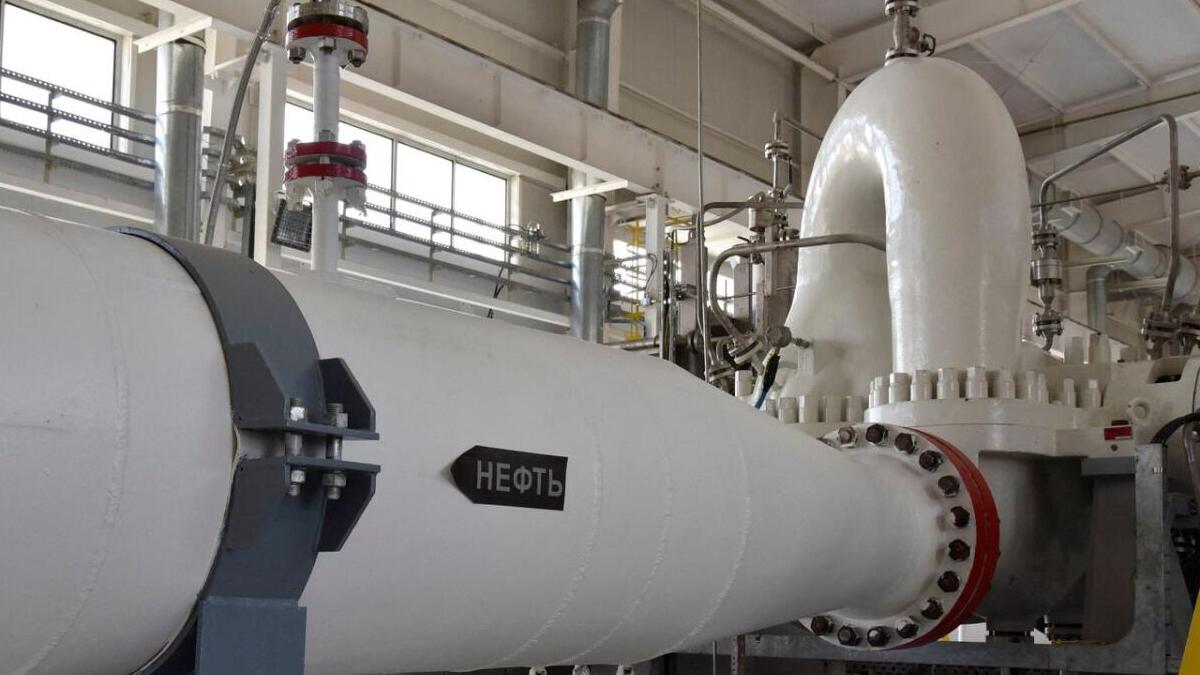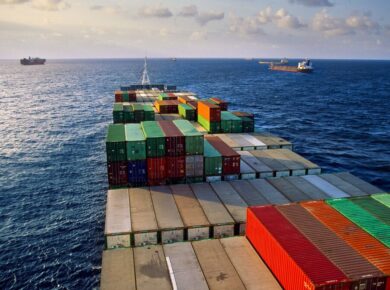According to sources, Kazakhstan has increased its oil exports by bypassing Russia.
In recent news, it has been reported by sources that Kazakhstan has ramped up its oil exports by bypassing Russia. This has raised questions about the country’s relationship with its neighbor and the implications for the global oil market.
Kazakhstan is a major producer of oil, with reserves estimated to be the 11th largest in the world. The country has long been reliant on Russia to transport its oil to international markets, as the majority of its pipelines run through Russian territory. However, in recent years, Kazakhstan has been looking to diversify its transportation routes to reduce its dependence on Russia.
According to sources, Kazakhstan has increased its oil exports through alternative routes, such as the Caspian Pipeline Consortium (CPC) and the Baku-Tbilisi-Ceyhan (BTC) pipeline. These pipelines provide access to the Black Sea and Mediterranean Sea, bypassing Russia and opening up new markets for Kazakhstan’s oil.
The increase in oil exports is significant for Kazakhstan’s economy, which has been hit hard by the COVID-19 pandemic and the drop in oil prices. The country’s oil exports account for a large portion of its GDP and foreign exchange earnings.
The move to bypass Russia also has political implications. Kazakhstan has traditionally had a close relationship with Russia, which has provided military and economic support to the country since its independence from the Soviet Union. However, tensions have risen in recent years over issues such as energy and border disputes.
The decision to increase oil exports through alternative routes could be seen as a signal of Kazakhstan’s desire to assert its independence from Russia. It also raises questions about the future of the two countries’ relationship and the role of Russia in the region.
From a global perspective, the increase in Kazakhstan’s oil exports could have an impact on the oil market. Russia is one of the world’s largest oil producers and exporters, and any reduction in its exports could affect global oil prices.
However, it is unclear how significant Kazakhstan’s increase in oil exports will be in the short term. The country’s production levels have been affected by the pandemic and the drop in oil prices, and it remains to be seen whether it can sustain its current level of exports. Additionally, Kazakhstan has yet to invest in the infrastructure necessary to increase its oil production and exports. It is worth noting that in order for Kazakhstan to remain competitive with other exporters, it will need to continue modernizing its oil industry and explore new ways of tapping into the global market. Ultimately, only time will tell if Kazakhstan’s increased oil exports will
In addition, Kazakhstan’s alternative transportation routes have their own challenges. The CPC pipeline has been plagued by technical issues and capacity constraints, while the BTC pipeline passes through politically unstable regions such as Azerbaijan and Georgia.
Despite these challenges, Kazakhstan’s move to bypass Russia could have long-term implications for the region and the global oil market. It remains to be seen how Russia will respond to this development and whether it will take steps to maintain its dominance in the transportation of Kazakh oil.
In conclusion, the increase in Kazakhstan’s oil exports by bypassing Russia is a significant development that raises questions about the country’s relationship with its neighbor and the implications for the global oil market. While it could be seen as a signal of Kazakhstan’s desire to assert its independence from Russia, it also has political and economic risks. The long-term impact of this development remains to be seen, but it is clear that it could have far-reaching consequences for the region and the world.





